
Introduction
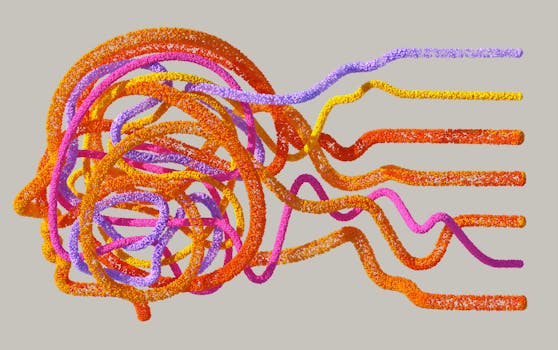
The mysteries of the human brain have captivated scientists and researchers for centuries. As the control center of our body, the brain not only regulates basic functions but also influences our thoughts, emotions, and behaviors. Recent breakthroughs in neuroscience have begun to unravel some of these mysteries, leading to better understanding and treatment of various neurological conditions.
The Structure of the Brain
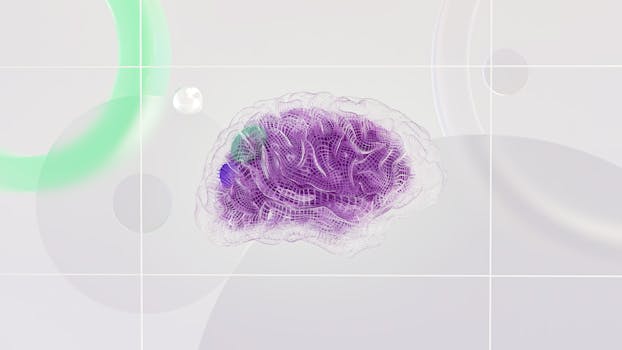
The human brain is an incredibly complex organ, consisting of approximately 86 billion neurons. These neurons communicate through synapses, forming intricate networks that are essential for cognitive functions. The brain is divided into several regions, each responsible for different functions. For instance, the cerebral cortex is involved in higher-order functions such as reasoning and decision-making, while the limbic system plays a crucial role in emotions and memory.
Recent Breakthroughs in Neuroscience
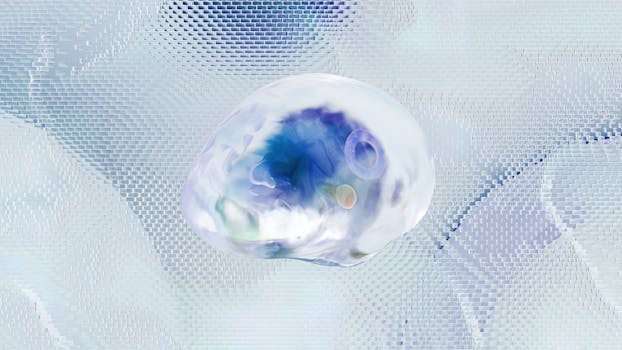
Neuroscience has witnessed remarkable advancements in recent years. Techniques such as functional MRI (fMRI) and optogenetics have provided new insights into brain activity and neural circuits. For example, researchers have used fMRI to study how the brain processes emotions and how different regions communicate during complex tasks. Additionally, optogenetics allows scientists to manipulate specific neurons with light, opening new avenues for understanding neural pathways and their roles in behavior.
Understanding Consciousness
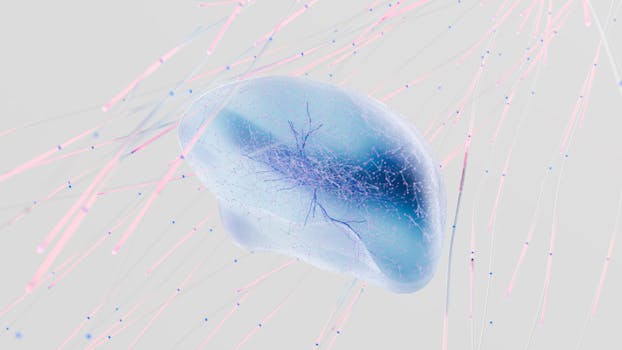
One of the most profound mysteries of the human brain is consciousness itself. What makes us aware of our thoughts and surroundings? Neuroscientists are exploring theories that link consciousness to specific brain networks. Recent studies suggest that consciousness may arise from the integration of information across various brain regions, rather than being localized to a single area.
Implications for Mental Health
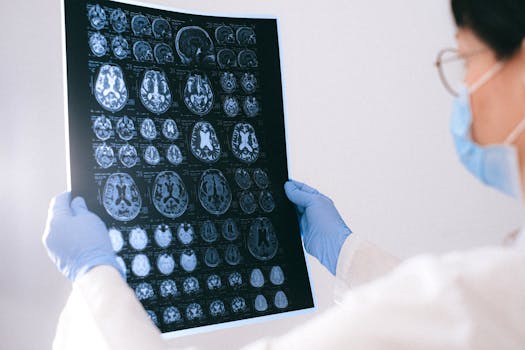
The breakthroughs in neuroscience are not only academic; they have practical implications for mental health treatment. Understanding the neural basis of disorders such as depression, anxiety, and schizophrenia can lead to more effective therapies. For instance, research into the brain’s reward system has provided insights into addiction and has led to the development of targeted treatments that can help individuals regain control over their behaviors.
Conclusion

The mysteries of the human brain continue to fascinate and challenge researchers. As neuroscience advances, we gain deeper insights into how this remarkable organ functions and how it influences our lives. With ongoing research, the potential for breakthroughs in understanding consciousness and treating neurological disorders is more promising than ever.



